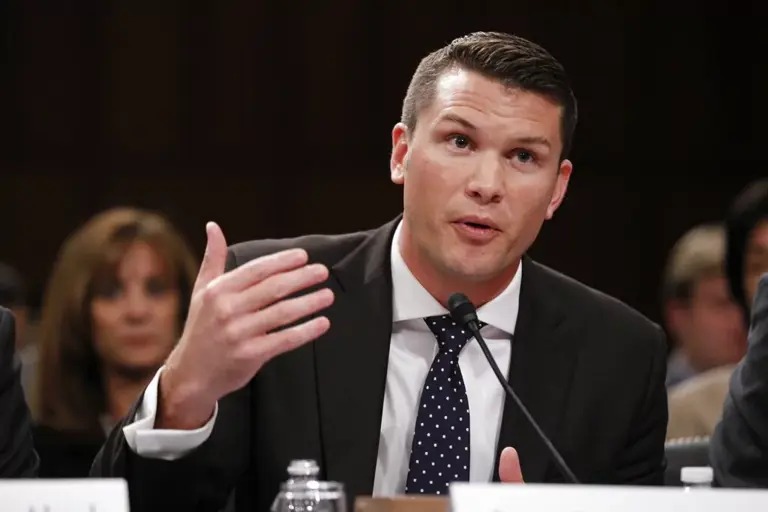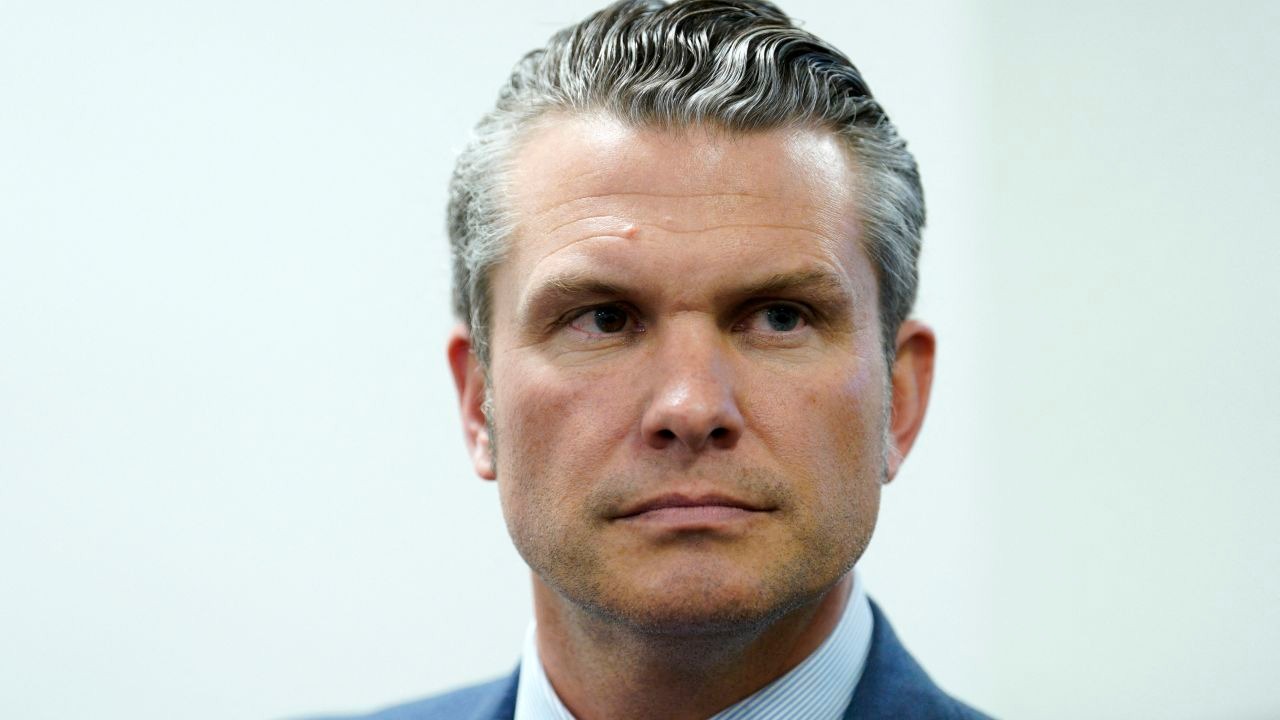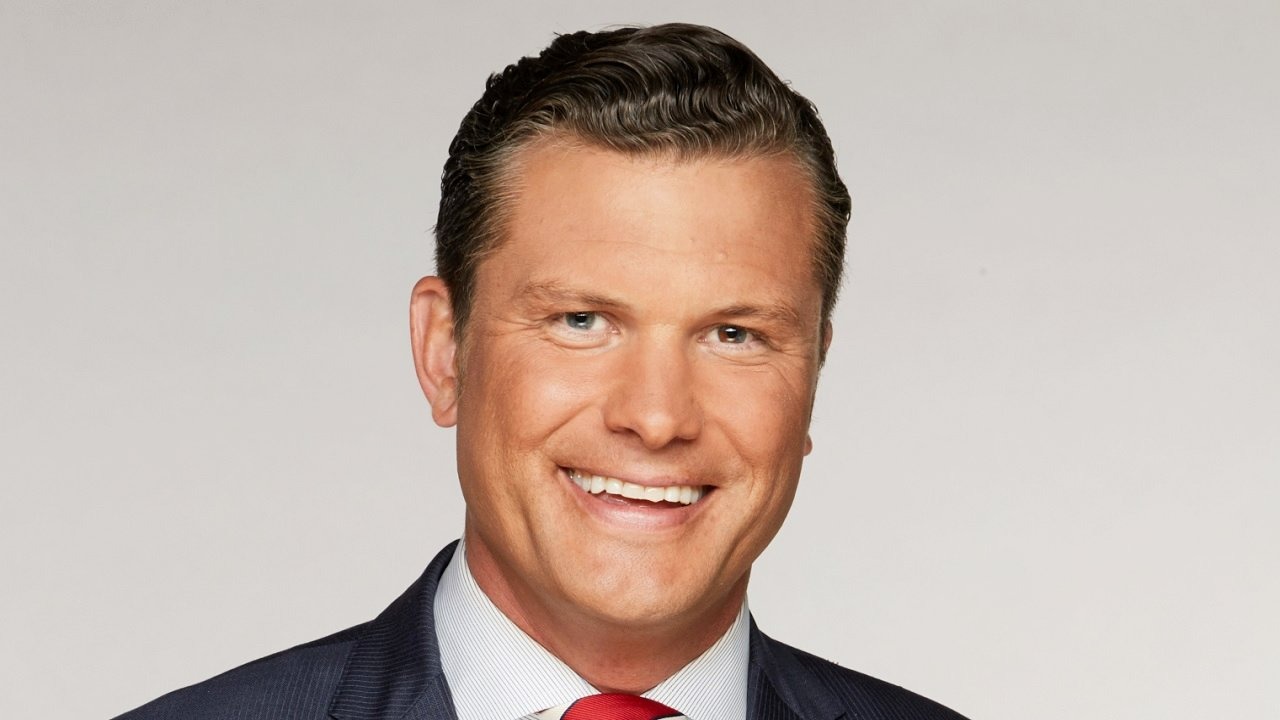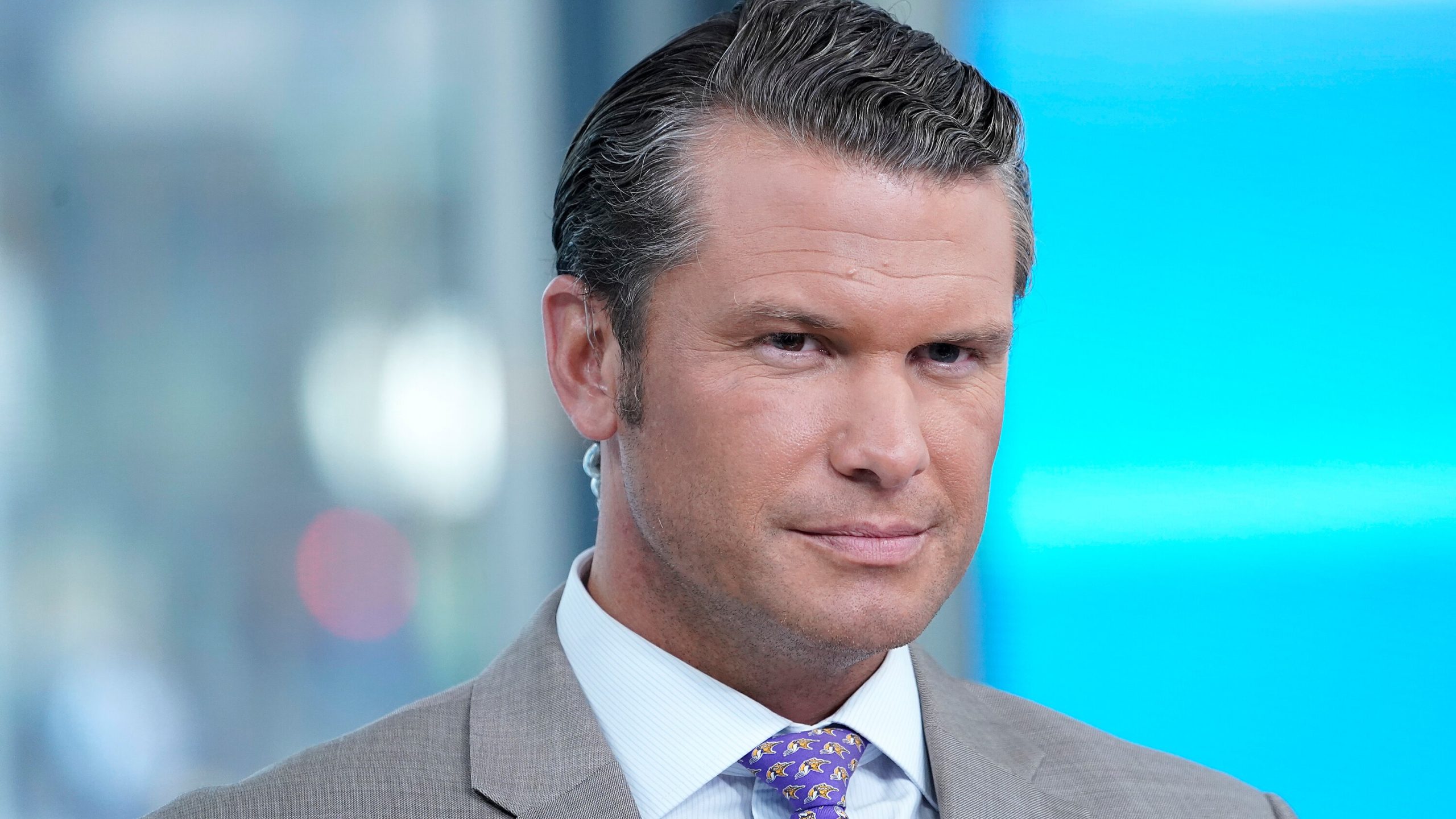HT6. Pete Hegseth Receives Major Confirmation News
Pete Hegseth, a decorated military veteran and former Fox News host, has been nominated by President-elect Donald Trump to serve as Secretary of Defense. This announcement has sparked significant attention due to Hegseth’s controversial past and the political implications of his potential confirmation. While he has garnered strong support from key Republican figures, his nomination has also drawn scrutiny over past allegations and policy positions. Here, we delve into the key details of this development, addressing the facts and avoiding speculation.
Who Is Pete Hegseth?

Pete Hegseth is a veteran who served in Iraq and Afghanistan and has been recognized for his leadership in the military. After his service, he became an advocate for veterans’ issues, leading organizations like Concerned Veterans for America (CVA). He also gained prominence as a commentator on Fox News, known for his conservative viewpoints and support of military policies.
Key Highlights:
- Hegseth is a graduate of Princeton University and Harvard University’s John F. Kennedy School of Government.
- He has received multiple military honors, including the Bronze Star Medal.
- Hegseth’s leadership roles in veteran advocacy organizations have positioned him as a prominent voice for veteran-related issues.
The Nomination and GOP Support

President-elect Donald Trump announced Hegseth’s nomination for Secretary of Defense, citing his military experience and advocacy for strong defense policies. According to reports, key Republican senators, including Senate Majority Leader John Thune, have expressed confidence in Hegseth’s confirmation. Thune reportedly told Trump that the GOP likely has the votes needed to confirm Hegseth.
Why the Support?
Hegseth’s supporters highlight his dedication to the military and his ability to connect with rank-and-file service members. Sgt. Maj. Eric Geressy, who served with Hegseth in Iraq, described him as a critical thinker and a strong leader who is deeply passionate about military issues.
Allegations and Scrutiny
Despite his qualifications, Hegseth’s nomination has not been without controversy. Allegations of financial mismanagement during his tenure at veterans advocacy groups and claims of excessive drinking have been raised. Additionally, a 2017 accusation of sexual misconduct resurfaced during the confirmation process. Hegseth has denied the allegations, asserting that the encounter in question was consensual. Prosecutors reviewed the case but decided not to file charges.
Addressing the Controversies
Hegseth and his legal team have emphasized transparency, with an advisor stating that he is ready to discuss all allegations during Senate meetings. Furthermore, Hegseth’s record includes numerous endorsements from colleagues and veterans who have worked closely with him.
The Confirmation Process

The Senate Armed Services Committee has scheduled a hearing to evaluate Hegseth’s nomination. The confirmation process is expected to involve rigorous questioning about his qualifications, leadership style, and the allegations against him. A full Senate vote will follow the committee’s assessment.
Timeline:
- Confirmation hearing: January 14, 2025
- Senate vote: Expected within a week of the hearing
Policy Implications
If confirmed, Hegseth’s tenure as Secretary of Defense could significantly influence U.S. military policies. He has been a vocal advocate for increased defense spending and a robust military presence globally. His critics, however, question his approach to modernizing the military and addressing emerging security challenges.
Key Policy Positions:
- Defense Spending: Advocates for higher budgets to strengthen military readiness.
- Global Strategy: Supports maintaining a strong U.S. presence in strategic regions.
- Veteran Affairs: Emphasizes improving support systems for veterans.
Public and Political Reactions
Hegseth’s nomination has drawn mixed reactions from the public and political figures. While conservative groups and military veterans have largely voiced support, some Democrats and advocacy groups have raised concerns about his suitability for the role, citing the allegations and his lack of prior experience in defense administration.
Public Sentiment:
- Supporters: View Hegseth as a strong leader who will prioritize military interests.
- Critics: Worry about his past controversies and potential partisanship in the role.
What’s Next?
As the confirmation process unfolds, all eyes will be on Hegseth and the Senate Armed Services Committee. Key questions that may shape the outcome include:
- How will Hegseth address the allegations against him?
- What specific policies does he plan to implement as Secretary of Defense?
- Can he secure bipartisan support despite the controversies?
Conclusion
Pete Hegseth’s nomination as Secretary of Defense is a pivotal moment in U.S. politics, reflecting the complexities of military leadership and political dynamics. With his military background and strong support from key Republican figures, Hegseth brings a unique perspective to the role. However, the allegations and questions surrounding his nomination highlight the importance of transparency and accountability in the confirmation process. As the Senate prepares to vote, the nation watches closely, understanding that the outcome will have lasting implications for U.S. defense policies and leadership.
By focusing on verified facts and addressing controversies with objectivity, this article aims to provide a clear and comprehensive overview of Pete Hegseth’s nomination and its implications.













